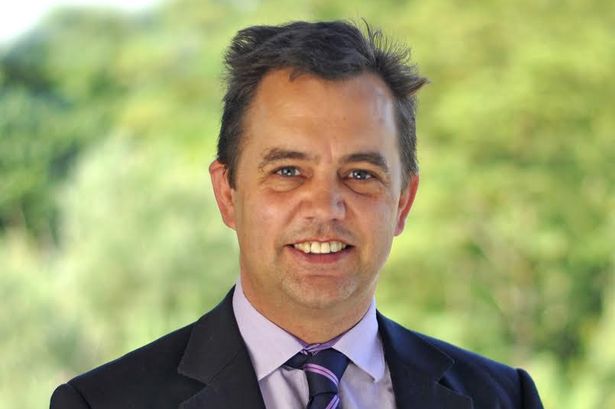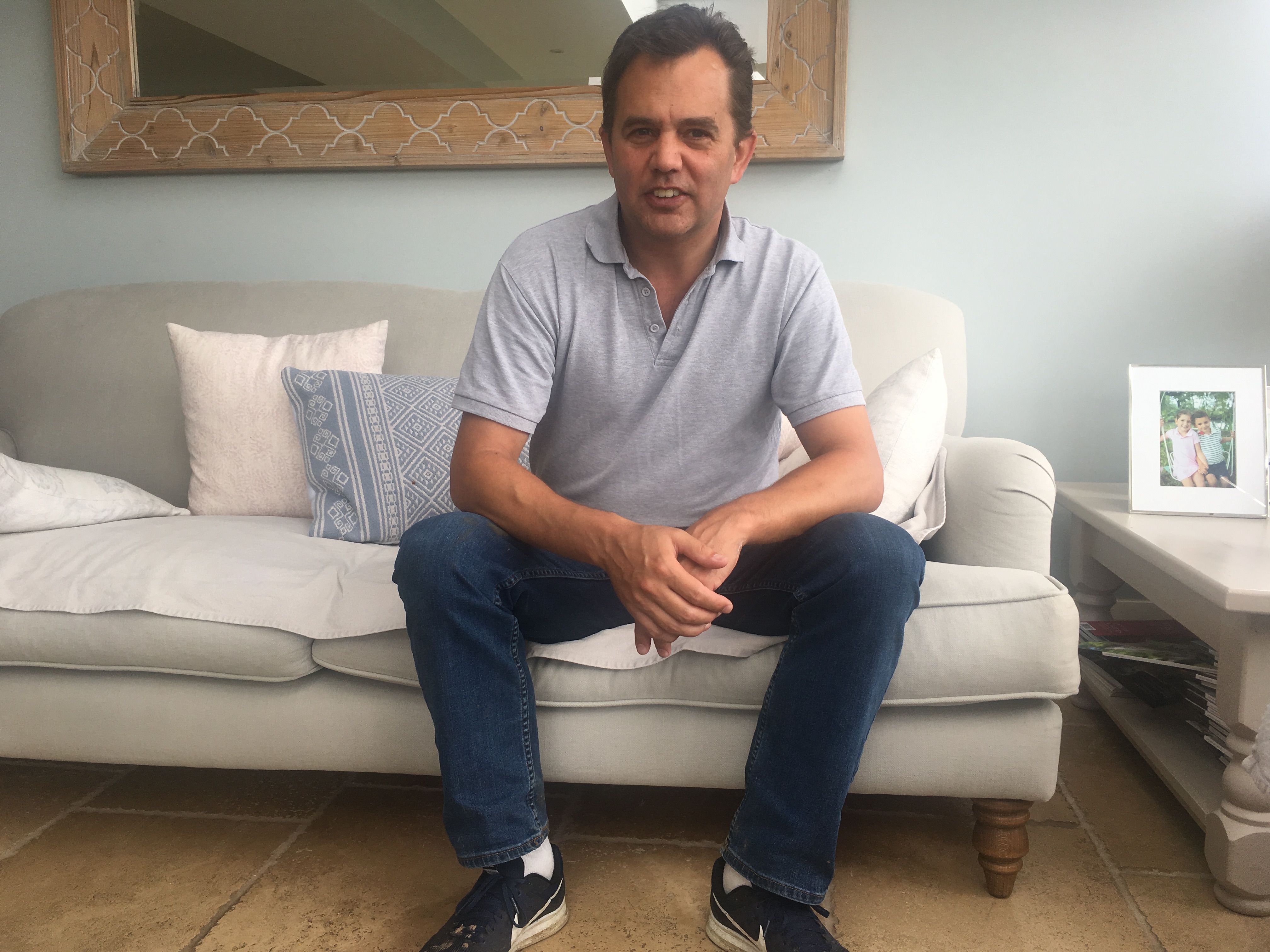Leadership & Strategy
Article
Peter Bibby: I hate waste and I’m efficiency mad
We spoke with Peter Bibby, an specialist in turning around failing businesses, with over 20 survival stories under his belt. He shares with us the importance of efficiency and what it takes to make a small and medium-size enterprise successful.
 Peter Bibby and his siblings are the sixth generation heading the Bibby Line Group, the world’s oldest family owned shipping company. While Bibby decided against working inside the family business, he did take over management of Garic, one of the company’s small subsidiaries, at a time when it was losing money and needed to make quick changes. Bibby has transformed over twenty businesses in a situation similar to Garic, ranging from a life jacket company to a marine software firm.
Peter Bibby and his siblings are the sixth generation heading the Bibby Line Group, the world’s oldest family owned shipping company. While Bibby decided against working inside the family business, he did take over management of Garic, one of the company’s small subsidiaries, at a time when it was losing money and needed to make quick changes. Bibby has transformed over twenty businesses in a situation similar to Garic, ranging from a life jacket company to a marine software firm.
You can learn more about Peter Bibby’s background and family history here.
Why did you choose to not join the family business?
When I was a kid the family business was a traditional family business. We would have BBQs at the house, and I knew all the management. It’s now so big that it’s no longer a family business, it’s a corporate structure. It has family values yes, but I’m somewhat detached from it because I don’t know all the people.
My brother, who at the time was the Managing Director, tried to get me involved in the family business, but I’m not very good with the rules and governance that come with a corporate structure. I’m so used to doing my own thing and just getting on and doing it. I’m highly proud of the family business but I knew it wouldn’t be suitable for me.
There’s a perception that family businesses can be a bit slow to change or old fashioned? Would you agree?
Family businesses survive because there is longevity in their decision making, long-term profitability, and they don’t take short term moves. They are looking after the business for future generations not just short-term profit. Corporations are more likely to take short-term decisions and monitor cash flow.
Family businesses also benefit from an in-depth knowledge of their core business. They don’t need consultants, specialists and market researchers to come in and tell them what their business is about. They can make quick decisions as a result.
Owner managed businesses, or family businesses without a corporate structure, can be more competitive, but they still need to attract the right people with the right experience.
You have a track record of turning around failing businesses and then scaling them up. What kind of plan do you have for the first three, six, 12 months when you come into a new business?
There are four key parts to businesses. If any one of them doesn’t work your business will go bust.
- Sales- clearly if you have no sales you have no business.
- Finance- if you haven’t got money to finance the business, or put the stock in, you will not have a business.
- Operations- if your operations are not efficient, you can’t deliver or produce well and you’ll piss your customers off.
- Technical and quality (product management)- if your product is not good, and your quality is rubbish, you’ll lose money.
All four parts need to be right. When you go into a business you have to say that’s the biggest problem and then prioritise the rest.
Can you give us an example of a company where you identified and resolved inefficiencies?

I hate waste and am efficiency mad. If something is not efficient, whether with space, a person’s time or materials- that’s what motivates me. We were brought up like that in our family.
Value analysis of a product is a massive issue with efficiencies. Every cost must add a value. You can go in and ask what value does that add? And often it’s nothing but they’re doing it because they’ve been doing it for the last 25 years.
At my newest venture, British Bespoke Workwear, we now start at the basics and let the customer choose any additions they might want. You can still have good quality without all the thrills and frills.
There are also inefficiencies around the use of people’s time. For example, my friend started a duvet and pillows business called Downland Bedding and he was struggling to increase their profit. When I came in as Director, the first thing I did was take him off the shop floor so not every customer question came through him. He has sales managers for that. He has to come out of the day to day and then look at the bigger picture stuff. The company was spending close to 90k on insurance because he didn’t have time to look at things like that. We saved them 50k per year just by cutting insurance costs.
When you go in as a turnaround specialist how do you bring the current staff and managers on board?
In all my company turnarounds it’s about people. Every turnaround that I’ve done has been with the same management team that was already there. I just refocus them and point them in the right direction. You have to maximise their strengths and minimise their weaknesses.
I actually think motivating people is easiest when you’re in the mire. You are in the easiest position to motivate people when the business is losing money because there’s only one direction you can go. That’s onward and upwards. You have to be honest with people, say this is the score, you’re either in or out. And they’re usually in.
Do you think your family values help you in terms of people management?
People management is very different in the culture of a family business compared with a corporate where you’re just a number on a piece of paper. Staff loyalty can be stronger because values are about people to people relations, not something written on a piece of paper. Respect goes both ways and because people respect you, they stay with you longer.
Going into a new business I still have to earn and win their respect, but it’s quite simple to do that. I usually go around and meet everybody, see what they do, ask what they think and believe, and involve them. I also let them know they can come and talk to me if they want to. They usually don’t, but it’s important to make that offer anyways.
What’s your take on the UK’s productivity problem and what advice do you have for other business leaders who are trying to make their business more competitive?
Productivity is a massive problem in the sense that it’s all about inefficiency and waste. To me, productivity is about looking at how you can do things better. For every new business I enter I’m looking for those inefficiencies in time, space and materials.
My objective as an owner manager is to take myself out of the day to day business so I can jump in when and where there’s a problem, work on one-off projects, and be proactive with new opportunities.
For business leaders who want to do away with inefficiencies and become more competitive, the learning has to be hands on. Only by going into somebody else’s business can you learn what’s right. You can’t just sit in someone’s office and learn from what they say, you have to do it yourself.